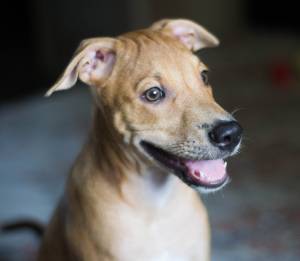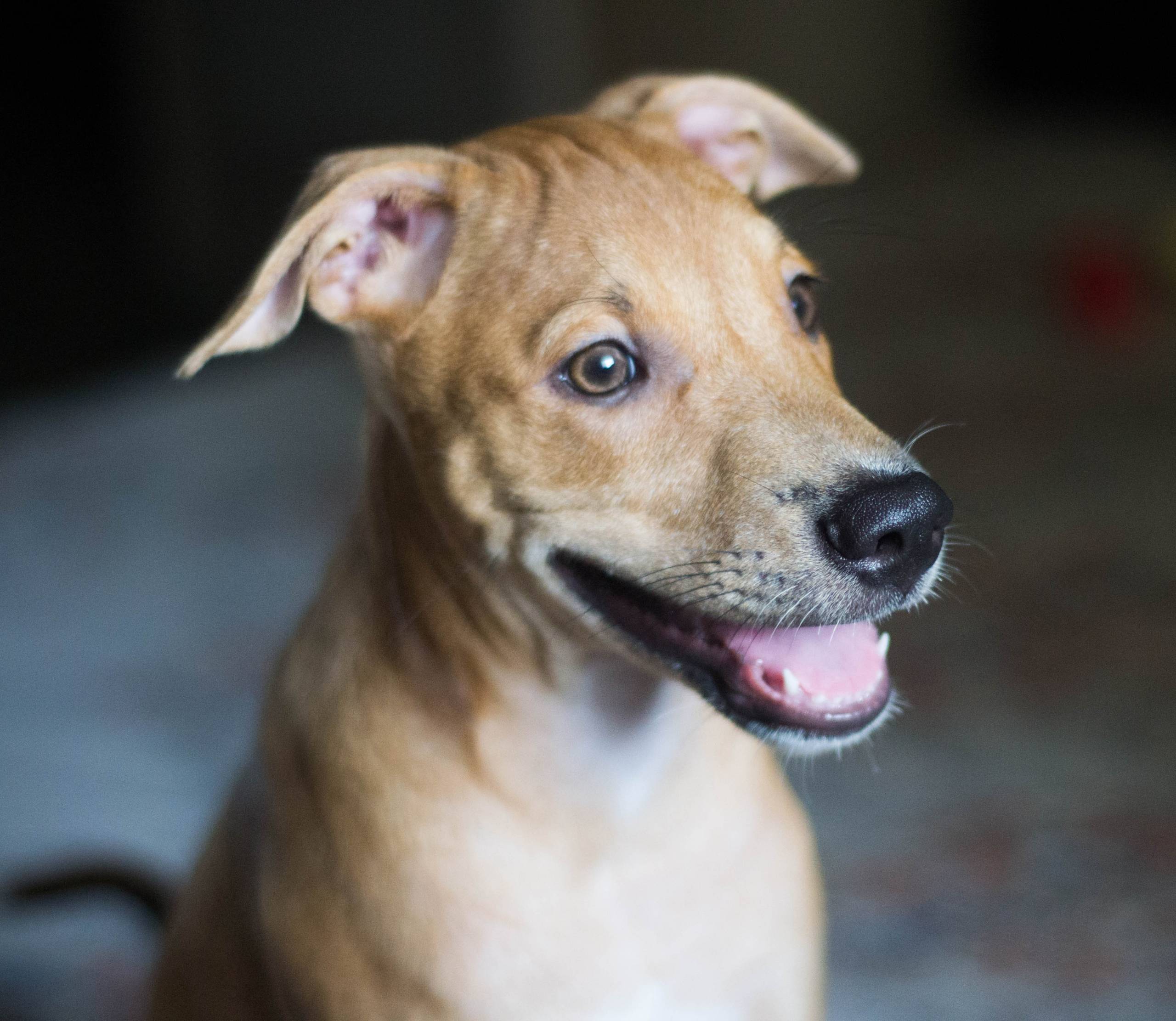
Understanding Why Dogs Eat Poop
Before we dive into solutions, let’s address the “why” behind this behavior. Dogs eating feces, known as coprophagia, can be attributed to various reasons. Some dogs do it out of curiosity, others due to boredom, and some may do it as a result of anxiety or even nutritional deficiencies. In some cases, it can also be a learned behavior from their mothers when they were puppies. While it might seem repulsive to us, it’s essential to approach this issue with understanding rather than frustration.
Addressing Nutritional Needs
One of the first steps in curbing this behavior is to ensure that your dog is receiving a balanced and nutritious diet. Sometimes, dogs may eat poop because they’re lacking certain nutrients in their diet. A high-quality dog food that meets your pet’s nutritional needs can make a significant difference. If you’re unsure about your dog’s dietary requirements, consulting with your veterinarian can help you pinpoint any necessary dietary adjustments.
Regular Exercise and Mental Stimulation
Just like humans, dogs can exhibit unusual behaviors when they’re bored or under-stimulated. Regular exercise and mental stimulation are crucial for a dog’s well-being. Ensuring that your dog gets enough physical activity and mental challenges can help reduce the likelihood of them engaging in coprophagia. Consider incorporating more interactive toys, puzzle feeders, and engaging activities into your dog’s daily routine.
Positive Reinforcement Training
Training your dog to stop eating poop involves patience and consistency. Positive reinforcement training can be highly effective in addressing this behavior. When you catch your dog avoiding the feces or responding to your commands, be sure to reward them with treats, praise, or their favorite toy. Conversely, avoid scolding or punishing your dog for eating poop, as this can lead to stress and anxiety, potentially exacerbating the issue.
Environmental Management
Managing your dog’s environment is another crucial aspect of addressing coprophagia. Keeping your yard clean by promptly removing feces can help minimize the opportunity for your dog to engage in this behavior. Additionally, when out on walks, keeping your dog on a leash and redirecting their attention away from feces can also be helpful. Consistent management of their surroundings can play a significant role in breaking this habit.
Seeking Professional Guidance
If you’ve tried various strategies without success, or if your dog’s coprophagia is causing concern for their health, consulting with a professional dog trainer or animal behaviorist may be beneficial. These experts can provide personalized guidance and tailored training strategies to help address your dog’s specific needs and circumstances.
Dealing with a dog that eats poop can be frustrating, but with patience, understanding, and the right strategies, this behavior can be curbed. Remember, each dog is unique, and what works for one may not work for another. By addressing potential nutritional deficiencies, providing ample exercise and mental stimulation, employing positive reinforcement, managing their environment, and seeking professional guidance when necessary, you can help your dog break the habit of eating poop, leading to a happier and healthier life for both you and your furry companion.
[/fusion_text]



